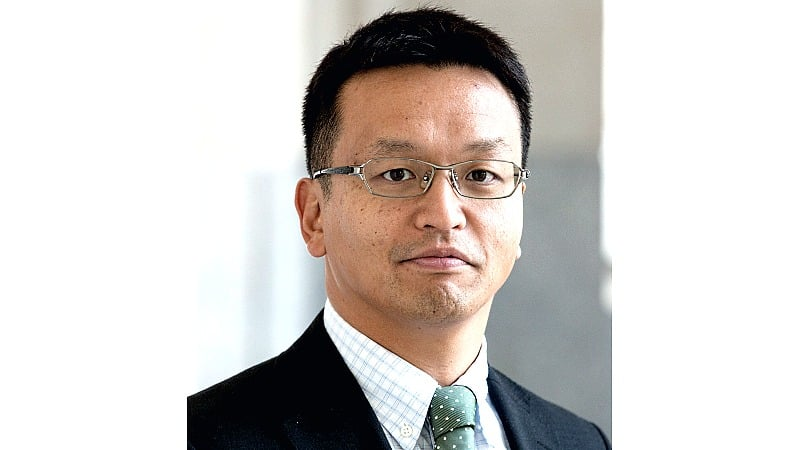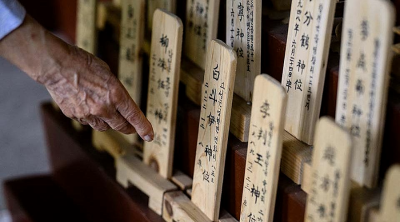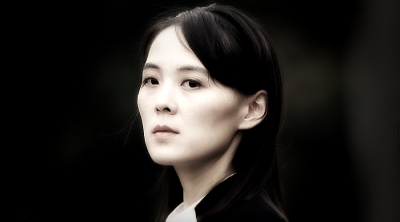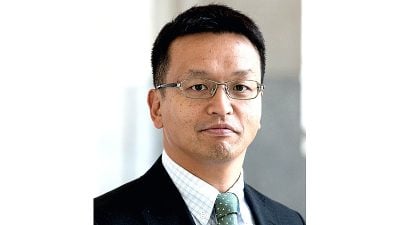
The Supreme People’s Assembly, the parliament of North Korea, was held in early October.
The most remarkable thing was that there was no report on the constitutional amendment concerning the policy on Korea and reunification.
In his policy speech in January this year, President of the State Affairs Commission Kim Jong Un ordered the constitutional amendment to define South Korea as the “No.1 hostile country, unchangeable main enemy.”
Although the constitutional amendment itself was reported at the meeting, it was not made clear whether it extended to the issue of Korea and reunification.
Kim Jong Un, who has been unveiling new policies in rapid succession, attaches importance to the creation of rules such as the rules of the ruling party, the Workers’ Party of Korea (WPK), constitutional amendments and the enactment of new laws.
However, the full text of these policies is often not made public, so they must be verified through the tone of the North Korean media and other events.
During the Supreme People’s Assembly, Kim Jong Un gave a speech at the “Kim Jong Un National Defence University,” named after him.
In response to a speech by South Korean President Yoon Suk Yeol, Kim said, (President Yoon) “made some tasteless and vulgar comment about the end of the Republic (North Korean regime).”
“In the past we often used words like liberation of the southern half of the Peninsula and talked about armed reunification, but now we have no interest in it at all and since the declaration of two states we are not even aware of that country,” he said.
Given the timing of this speech, it was reasonable to assume that a constitutional amendment had been made regarding the policy toward Korea and reunification.
If the Kim Jong Un government truly had “no regard” for Korea, it would be fine to ignore it, but because it is at a disadvantage in economic and military power, Seoul must always be wary of Korea as a threat.
In mid-October, Kim Jong Un’s sister, Kim Yo Jong, deputy director of the WPK, issued a series of statements harshly criticising President Yoon Suk Yeol.
Since Kim Yo Jong is only a spokeswoman for Kim Jong Un, her statements were usually published on the second page of Rodong Sinmun, but this time they were published on the front page for the first time.
The anti-Korean campaign by the party newspaper can be interpreted as a measure to ensure that the people understand that Korea is the main enemy.
It is also a warning not to be exposed to the culture of the enemy country, such as K-Pop and Korean dramas.
Previously, the preamble to the Constitution stated that Kim Il Sung and Kim Jong Il were “saviours of the nation who performed immortal exploits for achieving the cause of national reunification” and that “regarding the reunification of the country as the supreme national task, they devoted all their efforts and care for its realisation.”
Article 9 also states that “The Democratic People’s Republic of Korea shall strive to […] reunify the country on the principle of independence, peaceful reunification and great national unity.”
All of these expressions are considered removed.
Subsequently, it was revealed through an indirect report in Rodong Sinmun that the constitution designates South Korea as a “hostile country,” but Kim Jong Un also said in his January policy speech that “legal measures must be taken to legally and precisely define the areas where the Democratic People’s Republic of Korea exercises its sovereignty.”
Moves to demarcate a “border line” with South Korea may also become apparent.
If North Korea unilaterally defines its “territorial waters,” it is natural to be concerned about accidental North-South clashes at sea.
From a broader perspective, however, North Korea is on the defensive. In the 1950s, North Korea started the Korean War in an attempt to unify North and South Korea by force.
In the 1960s, it sent armed guerrillas to the South Korean presidential palace, the Blue House, to assassinate President Park Chung Hee.
In the 1980s, it launched the bombing of Rangoon while President Chun Doo-hwan was visiting Burma.
However, since the end of the Cold War, although it launched the Yeonpyeong bombing in 2010, it has not taken any military action targeting the heart of South Korea.
With South Korea gaining economic power and improving its international reputation, and the US-South Korea alliance being maintained, North Korea’s options are narrowing.
The abandonment of the reunification of North and South Korea should also be seen as a self-preservation measure to avoid “absorption reunification” by South Korea.
There have been other major political shifts within North Korea. The Juche (self-reliance philosophy) year has not been used since October 13.
The Juche calendar, which began in 1912, the year of Kim Il Sung’s birth, had been used for 27 years since the Kim Jong Il regime established it in 1997 to honour Kim Il-sung’s achievements, but it was suddenly discontinued without warning.
Kim Il Sung’s birthday was called the “Day of the Sun,” but the name has not been used since this spring.
Kim Jong Un has distanced himself not only from his father, but also from his grandfather.
It would be good if this break with past leaders and policies would lead to peace and stability in Northeast Asia, but the conflict between North and South Korea tends to be entrenched.
(Atsuhito Isozaki is Professor at Keio University, Japan.)
ADVERTISEMENT
ADVERTISEMENT








































